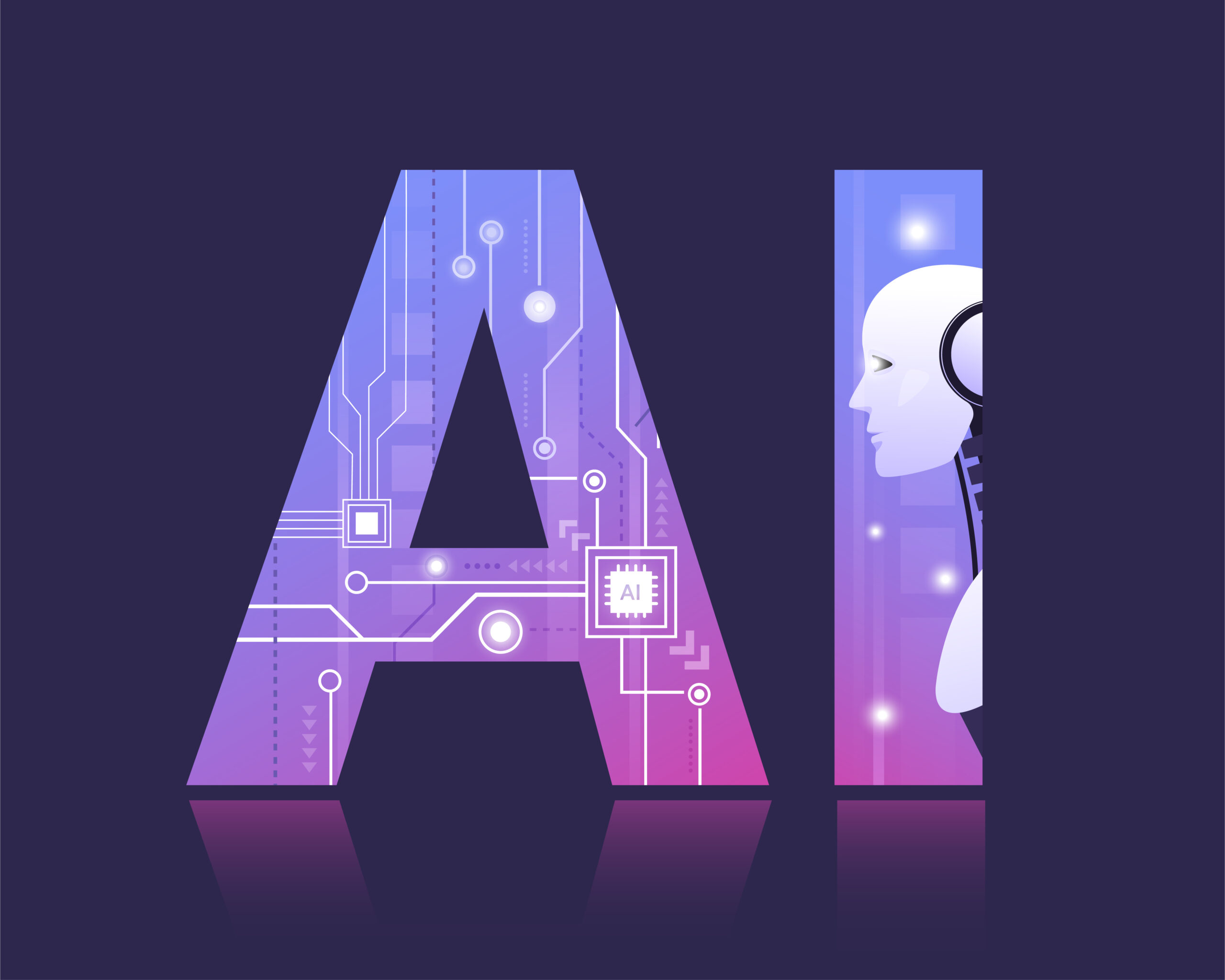
Introduction
Artificial Intelligence (AI) has emerged as a game-changer in various industries, revolutionizing how businesses operate and interact with customers. One area that has witnessed significant transformation due to AI is cybersecurity. As cyber threats become more sophisticated and pervasive, traditional security measures are no longer sufficient to protect sensitive data and digital assets. In this blog, we delve into the transformative impact of AI on cybersecurity, exploring how it enhances defense mechanisms, detects threats, and empowers organizations to stay one step ahead of cyber adversaries.
- Advanced Threat Detection
AI has redefined threat detection capabilities in cybersecurity. Machine learning algorithms can analyze vast amounts of data, identifying patterns and anomalies that humans might miss. By continuously learning from historical data, AI-powered security systems can proactively detect and respond to emerging threats in real-time. This ability to identify unknown and zero-day threats significantly strengthens an organization’s defense against cyberattacks.
- Predictive Analysis and Risk Assessment
AI-driven cybersecurity solutions have the ability to predict potential security breaches based on historical patterns and ongoing activities. These predictive analytics help security teams assess the likelihood of an attack, enabling them to allocate resources more effectively and prioritize critical vulnerabilities. By taking a proactive approach, organizations can prevent cyber incidents before they escalate into full-blown breaches.
- Automated Incident Response
Traditional incident response processes are often time-consuming and prone to human error. AI automates incident response, allowing for swift and precise actions when a threat is detected. This automated approach minimizes response times, reduces the impact of an attack, and ensures a consistent and standardized response across the organization.
- User and Entity Behavior Analytics (UEBA)
AI-driven UEBA solutions monitor user and entity behavior in real-time to identify suspicious activities. By establishing baselines of normal behavior for individuals and systems, AI can quickly detect deviations and potential insider threats. UEBA helps organizations identify compromised accounts, prevent data exfiltration, and safeguard against unauthorized access.
- Cloud Security and Data Protection
With the growing adoption of cloud services, securing cloud environments has become paramount. AI plays a crucial role in cloud security by continuously monitoring cloud workloads, data, and user activities. AI-powered encryption and data loss prevention (DLP) systems ensure sensitive information remains secure, even in dynamic cloud environments.
- Phishing and Social Engineering Mitigation
Phishing attacks and social engineering continue to be major threats to organizations. AI helps combat these attacks by analyzing phishing emails, detecting suspicious URLs, and assessing email authenticity. By quickly identifying and quarantining malicious content, AI protects employees from falling victim to phishing scams.
- Threat Hunting and Vulnerability Management
AI-driven threat hunting tools can comb through extensive datasets to identify potential threats that might have gone unnoticed by traditional security tools. Additionally, AI assists in vulnerability management by automating vulnerability scanning, prioritizing risks, and recommending mitigation strategies.
Conclusion
The transformative impact of AI on cybersecurity is undeniable. As cyber threats become more sophisticated and adaptive, AI-powered solutions offer a proactive and dynamic defense against evolving attacks. From advanced threat detection to automated incident response and cloud security, AI empowers organizations to enhance their security posture and protect valuable assets and sensitive data from malicious actors. However, it is crucial to recognize that AI is not a standalone solution but a powerful tool that complements skilled cybersecurity professionals. By harnessing the power of AI in conjunction with human expertise, organizations can fortify their defense and ensure a safer and more resilient digital future.
